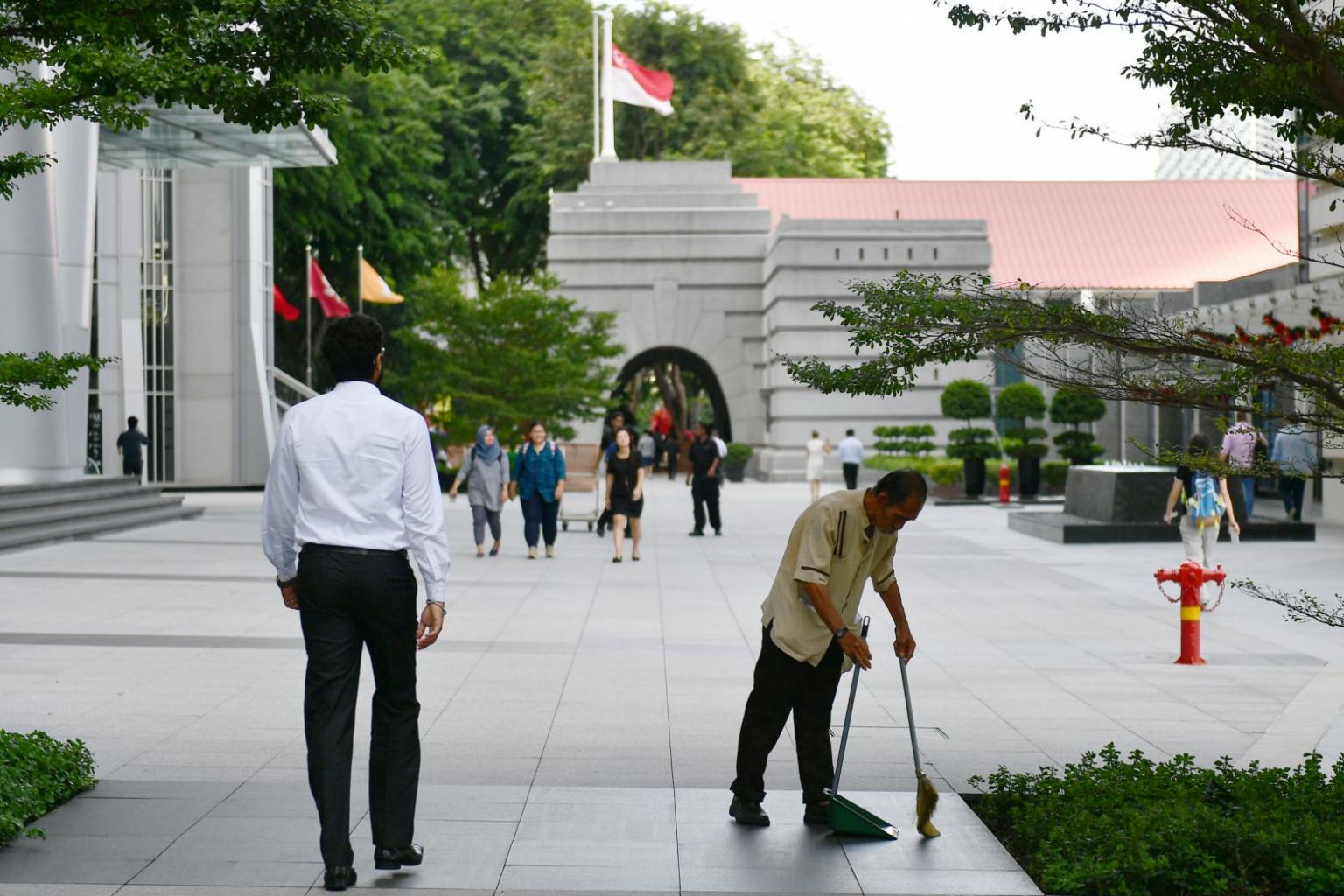Parliament: Inequality has many causes and needs to be tackled practically, not ideologically, says Desmond Lee
Sign up now: Get ST's newsletters delivered to your inbox

To bring help closer to these people, a new Community Link scheme will be set up in four HDB estates with rental blocks in the next two years, to provide an "accessible focal point" for such residents.
ST PHOTO: LIM YAOHUI
SINGAPORE - The problem of inequality needs to be tackled on multiple fronts, and the diverse views on this topic help the Government challenge its own assumptions, said Minister for Social and Family Development Desmond Lee.
"There are many causes of income inequality," Mr Lee said. "Because there are multiple causes, our solutions must be multi-faceted. We must tackle inequality practically, rather than ideologically."
For instance, there are differences in how much parents can invest in their children and in the way technology and market forces shape wages, he said. Other people may have difficulty accessing support, and others may be weighed down or derailed by life circumstances.
Mr Lee outlined these issues and their solutions on Tuesday (March 5), during a joint segment in Parliament on the Budget debate by four ministries that focuses on measures to mitigate income inequality and increase social mobility.
To bring help closer to these people, a new Community Link (ComLink) scheme will be set up in four HDB estates with rental blocks in the next two years, to provide an "accessible focal point" for such residents.
They will be in Jalan Kukoh, Marsiling, Kembangan-Chai Chee and Boon Lay, and are expected to help about 1,000 families.
The services will be tailored to families in the respective estates, Mr Lee said. For example, they may offer parenting workshops or night-time student care services if such needs are identified.
He also said his ministry will embark on a Localised Community Network pilot programme in Boon Lay and the broader Jurong West area from July. The scheme will intervene at an earlier stage to help young people with complex family circumstances, and their families.
It will work with the Education Ministry's new Uplift Programme Office to identify these young people early, and provide timely social service support.
"By facilitating fuller data sharing between the relevant government agencies, we hope to gain a better understanding of the challenges they face at home, in school or elsewhere," Mr Lee said. "In doing so, we hope to help them resolve, or cope with the issues they are facing."
He also said that despite the many organisations doing good on the ground, there is room for all of them to do more and work more closely together.
"Without proactive early support and intervention, some of these students may under-perform or start to skip school," he said. "Yet, these are young people with potential and promise; and we want to ensure they have the best chances in life."
During the joint segment, political officeholders from three other ministries also spoke on new measures to improve social mobility and ease the impact of income inequality in Singapore.
Minister of State for Manpower Zaqy Mohamad outlined measures to support lower-income workers, while Senior Parliamentary Secretary for National Development Sun Xueling spoke on what the Housing Board is doing to help more families living in rental flats to own their own homes.
Ms Indranee Rajah, who is Second Minister for Education, cited various measures to help uplift under-performing students from disadvantaged families.
Mr Lee, referring to the diverse views on inequality and social mobility in recent months, said: "It gives us the opportunity to see fresh perspectives, step back and challenge our own assumptions, so that we can continue to make our system better."
The Government will continue to study fresh ideas, both here and abroad, he added.
"We do not assume we have all the answers," he said. "We don't. We will try out pilots, experiment and partner community groups working on the ground."
But he reminded the House that nearly every policy will come with its trade-offs or unintended consequences.
"When new ideas or philosophies are offered, we need to see how they have worked in other societies and carefully consider the fuller implications and trade-offs, so that good intentions do not lead to counterproductive results," he said.


